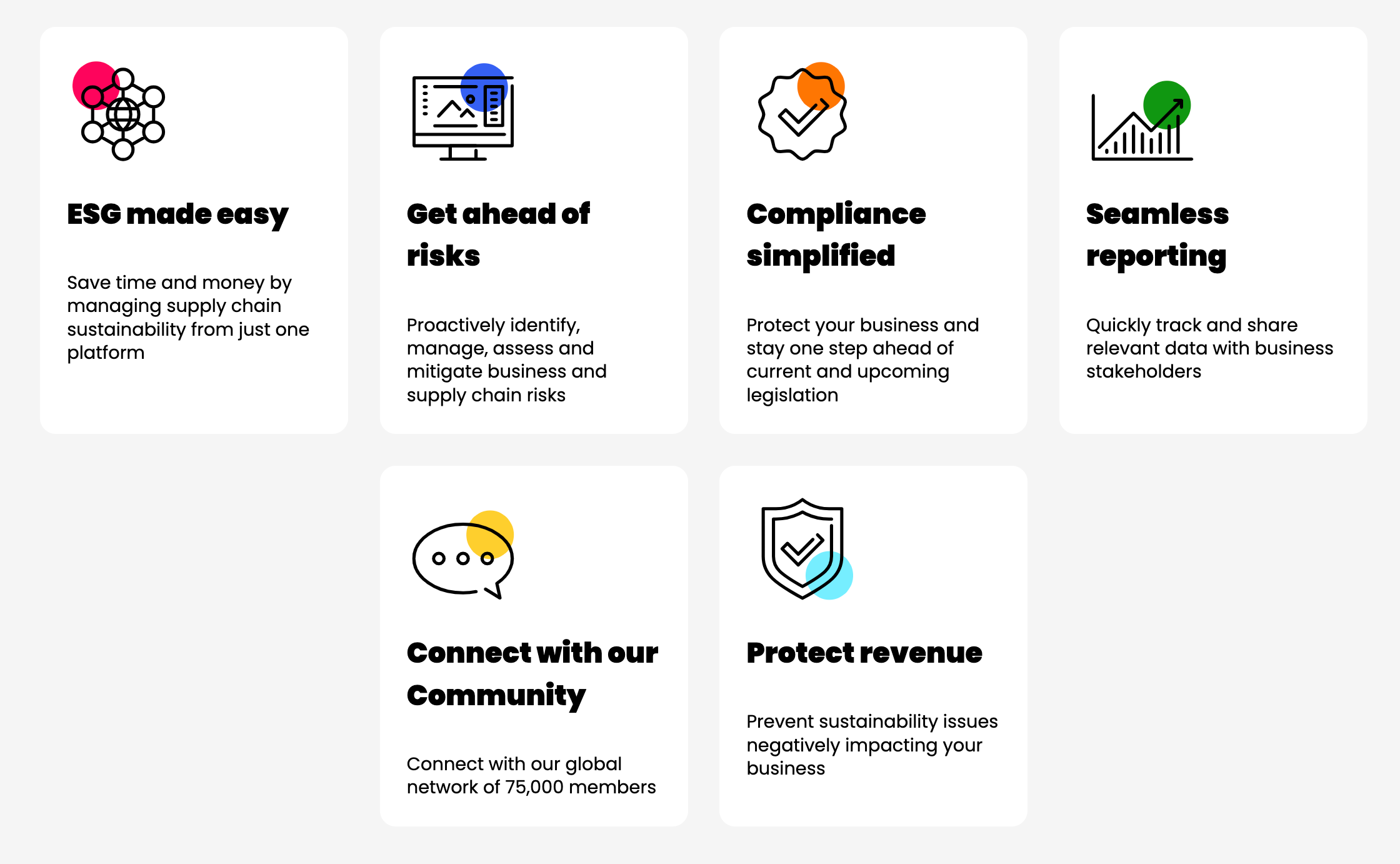A Brief Guide to Sustainable Jewelry
Sustainable jewelry refers to jewelry that is produced and sourced in an environmentally and socially responsible manner, with the goal of minimizing its negative impact on the planet and its inhabitants. The term "sustainable" encompasses several key principles:
Longevity and Durability: Sustainable jewelry begins with a product that is crafted to be long-lasting and durable, encouraging consumers to cherish and use the pieces for many years rather than embracing a fast-fashion, disposable mindset.
Environmental Responsibility: Sustainable jewelry takes into account the environmental impact of its entire lifecycle, from the sourcing of raw materials to the manufacturing process, distribution, and disposal. It aims to reduce resource depletion, pollution, and waste generation.
Ethical Metals Sourcing: Sustainable jewelry ensures that the materials used are ethically sourced and mined. This may involve avoiding materials obtained through harmful or exploitative practices, such as child labor or conflict zones. Ask your manufacturing partner if they have any policies on ethical sourcing and ensuring that they do not source Conflict-Free Materials.
Recycled Metals and Lab Created Gemstones: Many sustainable jewelry brands utilize recycled materials, such as reclaimed metals and gemstones, to reduce the demand for newly mined resources and minimize their ecological footprint.
Fair Trade Practices: For small to medium size companies sustainable jewelry often follows fair trade principles like the Fair Trade Federation, who work to ensure that the artisans and workers involved in the supply chain are treated fairly, paid decent wages, and work under safe and ethical conditions.
Ethical Manufacturing: For medium to large scale businesses sustainable jewelry means working with manufacturers who adhere to international standards of analysis, reporting and sharing their sustainable practices using different data platforms. Jewelry manufacturers can use resources such as Sedex to share with their business partners how they are performing on their sustainability practices.


Packaging and Shipping: Sustainable jewelry brands also focus on eco-friendly packaging and shipping practices, aiming to minimize single-use plastics and excessive packaging materials.

Transparency and Certifications: Ethical and sustainable jewelry brands are often transparent about their sourcing and production practices. They may seek certifications from recognized organizations that attest to their adherence to sustainability standards. Within the jewelry industry, the Responsible Jewelry Council offers certification to jewelry partners that verifies their sustainability claims.
It's important to keep in mind that being sustainable is an ongoing process that is never perfect. If you are unsure about the sustainability claims you are making, do your research and get as much information as you can first. Wait and be sure you can verify the claims you are making on sustainability before to share and communicate information to your customers.
For further resources, read our blog post on things to consider to avoid greenwashing as a jewelry brand here.
